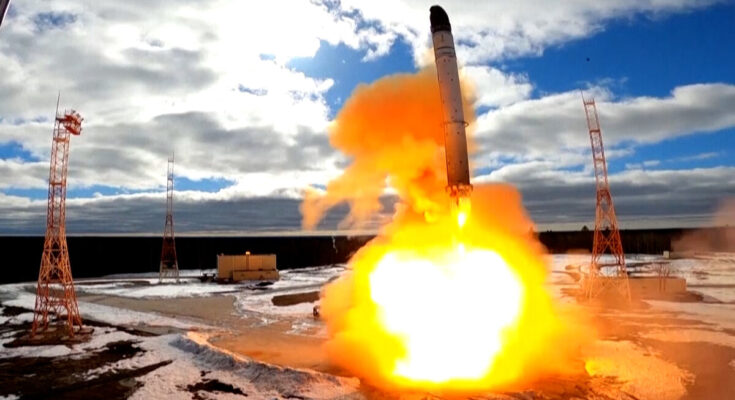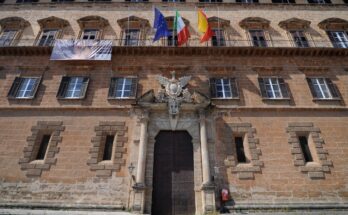Who is the mastermind behind the “Dana 1” and “Dana 2” missiles that will soon be sent to the Ukrainian front? A Czech organization, which launched a fundraiser at the end of October to fund weapons in Kyiv, can now participate in the creation of two long-range cruise missiles.
According to information from Czech media outlet Novinky.cz, the missile, which is largely financed by the Czech Republic, will bear the name of “Dana” Drábová, a physicist who headed the State Office for Nuclear Safety from 1999 to 2025.
The “most powerful” missile ever created
But “Dana 1” and “Dana 2” are not new missiles made from scratch. According to the local Czech press, the “gifts for Putin” organization responsible for fundraising has contacted the Ukrainian company Fire Point to participate in the financing of a missile that experts already know about.
Therefore, “Dana 1” and “Dana 2” will be new examples of Flamingo, the Ukrainian-made “super powerful” missile, praised by Volodymyr Zelensky. With a warhead weighing 1,150 kg, this missile can hit Russian territory very far away, with a claimed range of up to 3,000 km.
Performance was tested on a full scale by the Ukrainian army nine times during “real operations”. Enough to make it the “most powerful” missile ever produced by Kyiv, according to Ukraine’s president.
At the end of October, the “gifts for Putin” initiative managed to raise a windfall of almost 650,000 euros in 48 hours. “For the 12.5 million Czech crowns paid, not one, but two missiles named Dana Drábová will be created. So there will be Fund 1 and Fund 2,” Martin Ondráček, a member of the organization, announced in the media.
The association has even received 3.5 million crowns more since then, or almost 130,000 euros. To determine its use, “gifts for Putin” decided to conduct a poll on social networks. “We can buy ambulances, plastic explosives or, for example, contribute to the purchase of training aircraft,” said Martin Ondráček.



